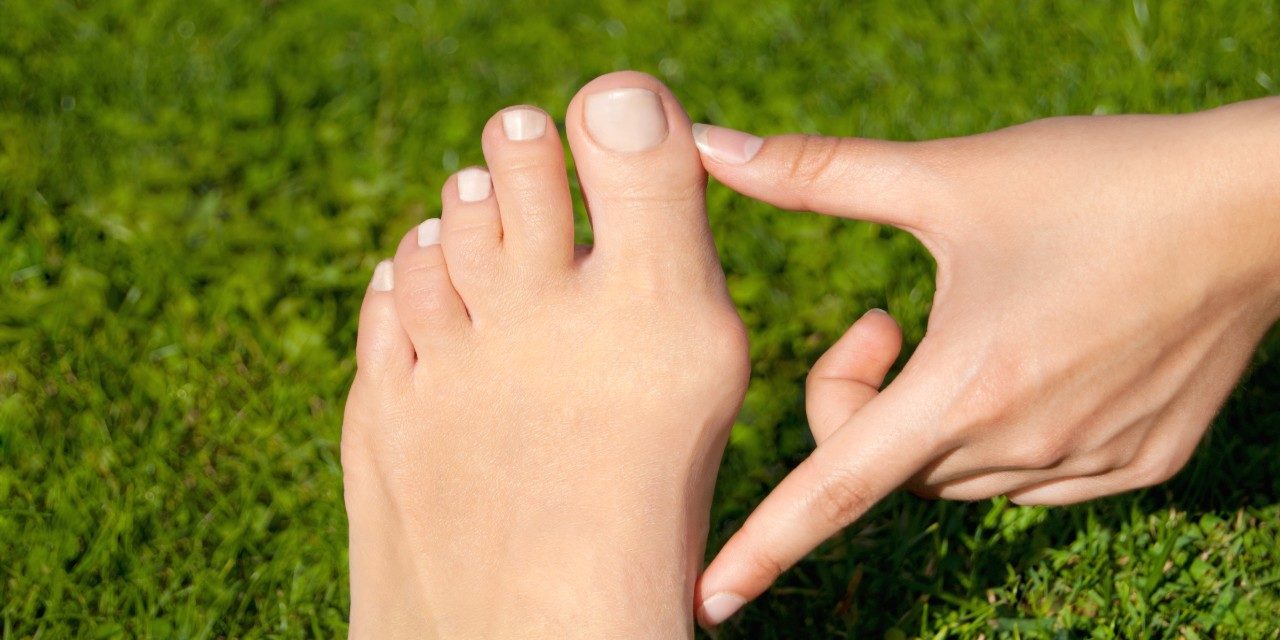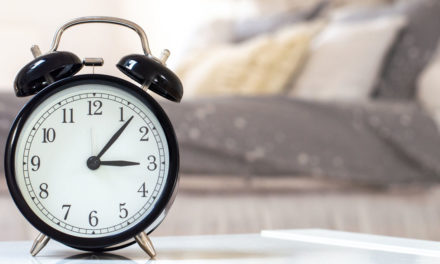Ask the expert: Bunion edition!
There’s a chance that bunions may run in your family, or maybe you don’t know the first thing about them. Either way, there seems to be a lot of misinformation on the Internet about this fairly common foot deformity.
We’re directing all bunion concerns to Dr. Jessica Drzewiecki, a podiatrist with Trinity Medical Orthopaedics. Dr. Drzewiecki was kind enough to share her expertise with us, and answer some frequently asked questions about bunions.
First, what is a bunion? “It’s commonly identified by a bump at the base of your big toe,” says Dr. Drzewiecki. And it’s important for patients to understand the condition itself is not an issue – unless it’s causing pain.
“Bunions involve the first metatarsal bone and its joint at the base of the big toe. The bone is rotated and angles away from the other bones, giving the appearance of a bump.” She shares that other orthopedic conditions may cause a similar bump in the same spot, such as arthritis or gout, which is why it’s important to get evaluated by a doctor.
Bunion Progression, Misconceptions – and When It’s Time to See a Podiatrist

Jessica Drzewiecki, DPM
Podiatrist, Trinity Medical Orthopaedics
Are bunions hereditary? Besides that, are there risk factors for developing them?
Yes – bunions most commonly have a genetic component but may skip generations or family members.
In terms of risk factors, there is a belief that shoes may contribute to a bunion forming. This has not been well-proven, as studies have been performed on individuals who already have bunions.
However, if you do have a bunion deformity and regularly wear pointed toe or tight-fitted shoes, this may increase the likelihood that your bunion will become inflamed or irritated.
Is there anything that can be done to stop or slow a bunion from worsening?
A bunion is a progressive deformity that does worsen over time. However, the rate at which a bunion worsens is typically very slow over many years – though it varies for each person. Some people may have a bunion that never appears to worsen, while others may notice it progressing significantly.
Unfortunately, there are not many options to stop, slow, or reverse a bunion from forming.
Some people find comfort using bunion splints or taping their toe, but none of these techniques have been found to correct a bunion deformity or stop it from progressing. Wearing appropriately fitted shoes may reduce any irritation associated with a bunion.
What are signs it's time to see a podiatrist?
If you find that you are no longer able to make it through your day without pain from your bunion or its associated areas of pain, then it’s time to see a podiatrist. The bunion itself may have become painful, or in some cases, it may cause other areas of your foot to develop pain. For example, it is quite common for a bunion to push the big toe over the second toe, causing the second toe to be a source of discomfort.
How does a doctor approach bunion surgery?
There are many different techniques utilized by surgeons to correct a bunion. Because each bunion [and the person attached to the bunion!] is unique, the surgery needs to be selected to match that individual and their foot.
When deciding whether or not to have surgery, the most important factor is being comfortable with the process and having a thorough understanding of the surgery and your expected recovery timeline.
As a podiatrist, what misconceptions about bunion surgery do you come across?
Many people worry they’ll go through surgery, and the bunion will come back rapidly. Some people have heard that stiffness or arthritis of the toe is likely to develop afterwards. To that I say, there have been many advances in bunion surgery that have decreased the risk that a bunion will recur. These advances have also contributed to faster recovery times.
In some cases, people can walk right away in boot, or only have a two-to-three-week period where they will need crutches, or a scooter they can rest their knee on.
Experiencing Foot or Ankle Pain That Needs to Be Evaluated By a Specialist?
Podiatrists are physicians who specialize in medical treatment for the foot and ankle. To see a full list of podiatrists affiliated with Catholic Health, please click here.
Find a Podiatrist Near You
Call (716) 923-7153
Find a Podiatrist Near You
Call (716) 923-7153





